|
by Luv Mehta Last week, we talked about the thematic complexities of True Detective's first season and why they made the show so great. With yang comes yin, however, and True Detective has unfortunately been victim to a hugely scrutinized and highly derided sophomore slump. While it may have been a disappointment, though, it makes for a highly interesting case study. So let's look at what worked in season two, and, of course, what went wrong. Let's start with the positives. The decision to change setting from rural to industrial hugely helps, and season two feels like a wholly different beast, without much of a compulsion to follow its predecessor, seen in a way it ditches the supernatural red herrings altogether, which helps quite a bit. A lot of the actors are brilliant, with many pulling career-redefining performances. Rachel McAdams gives an assured and confident performance as a tough female cop in a man's world, Colin Farell steals every scene with his depiction of a bent detective with enough personal problems to make a trainwreck look like a juice spill, and Vince Vaughn (this remains a point of debate with critics, although I fall against the majority) commands your attention as the reformed mob boss slipping back into his old life. And the performances are great, indeed, enough to almost make us overlook those painfully clichéd character sketches. Yeah, we're finished with the positives already. Pizzolato, the creator and showrunner, seems to have tried a much more complex story this time onwards. He's been an award-winning novelist before, and that novelist's sensibility has clearly seeped into the way the show's written. In fact, it can probably be assumed that the majority of the problems with season two (and even season one, to an extent) exist because he's written a novel instead of a script, and as a result, there's been a huge loss in translation to screen. Let's invoke a popular fan reaction as an example. Stan, for all those who've forgotten, is one of Frank Seymon's henchmen. He's visible in the background in a flashback scene in the first episode, and he pepper sprays a guy so that Frank can intimidate him. That's literally all of his screentime in True Detective. Then Frank falls to pieces and gets angry when he discovers that Stan's been murdered. Then we spend a whole scene with him going to their house and talking to his wife about how important Stan was, and talking about the spirit of life to his son. And this isn't even a problem exclusive to this particular character. We've got too many characters, too much detail we're told they have (Pizzolato's admitted he plans out backstory for every character, even minor ones we don't see much), but not enough screentime or proper character establishing moments to make them stick out in our minds. And since the story still gives them a lot of importance, we're left dead in the water. The central conspiracy is also needlessly complicated. A supergroup of businessmen are surprisingly super comfortable with each other and like participating in orgies with immigrant prostitutes provided by a core group of people who videotape them for blackmail material, this core group also happens to be involved in deals with certain police involving stolen diamonds from a robbery during riots in 1992, and they also happen to want the land Seymon had his eyes on because his rival, someone named Osip (I’ve seen through the episodes again for the article and I still had to google his damn name) offers a better deal, and oh, Osip also wants to steal his casinos and install the mayor’s son, Tony Chessani, as some sort of puppet mayor. This entanglement is tugged on and exacerbated when the Raven mask kills Caspere, the link between this core group, Seymon, Osip and the mayor’s son. Yeah, I’m not going to blame you if you skipped the paragraph above, they don’t spend much time with the individual plotlines anyway. All this is based off of throwaway mentions that make way for more scenes where Seymon’s wife asks him (again) to stop his criminal relapse and cut loose. Even the Raven killer turns out to be a disappointment. Our first look at the central conspiracy comes when we spy Caspere’s body with the mask beside him, and he’s left in the dark with his eyes burnt out. The next episode, the killer sneaks up on Velcoro with ease and dispatches him non-lethally. Even with the ten plotlines the show tries to force into our faces later, we have that enduring image of the mask and the precise execution to pull us through to the end. So when they reveal him to be one of the orphaned children from the 1992 robbery, only shown before in a short scene, that’s a problem by itself, but then he’s revealed to just be a mentally disturbed, impulsive and perpetually angry guy who dies because he can’t control himself from attacking a cop in public. Yeah, that’s like Darth Vader taking his mask off to reveal he’s a confused emo kid who just wants to cry and slash his wrists (let’s pretend the prequels don’t exist). So, basically, yeah, the plot’s a mess. The story is needlessly complicated, because the individual threads are all important, but there’s no sense of when to focus on which part. Nic Pizzolato does know and understand thematic resonance in stories though, so while he can't weave his own into a larger whole, he does try to make the individual elements thrive. With Fukunaga gone, though, none of the directors seem to be suited to the material, and after the first two directed by Justin Lin, the coherence of the stories gradually decrease. Action scenes are choppily edited and incoherent, and there are too many transition shots involving bass-heavy foreboding music hovering over random parts of the bridges and highways. The most irritating problem, however, is the crude usage of parallelism. That weird piece of jargon is what I use to refer to an editing device where we have two (or more) scenes with some sort of similar theme, not necessarily related by plot, that are intercut to represent soe sort of echo or irony. Take the constant cutting between two different kinds of peril in The Cabin In The Woods, or the scene of exposition intercut with the Marmalade sandwich seduction in The World’s End, or for a poorer example, the intercut scenes of Murphy burning the farm and Cooper rushing to the space station in Interstellar. In the show, we have a lot of such examples, and these scenes are often edited together in a slapdash way, with 10% of a scene awkwardly cutting to 10% of the other, and then going back and forth till it's gone long enough to make the viewers feel exhausted, after which it's over and no one cares anymore. Some examples include Vaughn visiting Stan's family, intercut with Velcoro spending time with his own kid, or an underground cop ambush intercut with Bezzerides and Velcoro getting hot and heavy, or the last episode with both Vaughn and Velcoro going through protracted final moments (with ten to twenty randomly placed bonus shots of Bezzerides looking glumly at the ocean). Each individual portion takes too long, and there’s no feeling of natural progression between them, even if they are thematically linked. And all this is without taking into account any comparison to season one, which featured a highly acclaimed eight minute single take that was so perfectly executed that all such scenes in future TV shows would be judged by its achievement. There's genuine effort put into the show, though, and it shows. For all the million plot threads woven, either entangled or running parallel, there's a clear sense that it's all well planned, even if it's not imparted very well to us. However, there's simply too much. Season two has too much bloat in the way of numerous plotlines and characters, and too much ineptitude in the way it was all put together. In the end, there are simply too many disappointing moments to stop it from being anything but a true defective sequel.
Please direct your eggs and tomatoes via mail for that bad joke. I offer no apologies. (Fun fact, by the time I finished writing this article, I realized I'd completely forgotten to mention Taylor Kitsch's character. Then again, there's nothing to say, he's such a superfluous character that excising him wouldn't change the story much anyway, and there's nothing else interesting about him to talk about, so I'll take the risk and assume you've forgotten about him too.)
Follow us on Facebook and Instagram to be notified whenever we release new articles.
Do you use an RSS reader? Even better!
1 Comment
gopal shaurya
23/10/2015 18:34:28
nice work luv
Reply
Leave a Reply. |
Categories
All
Archives
December 2022
|
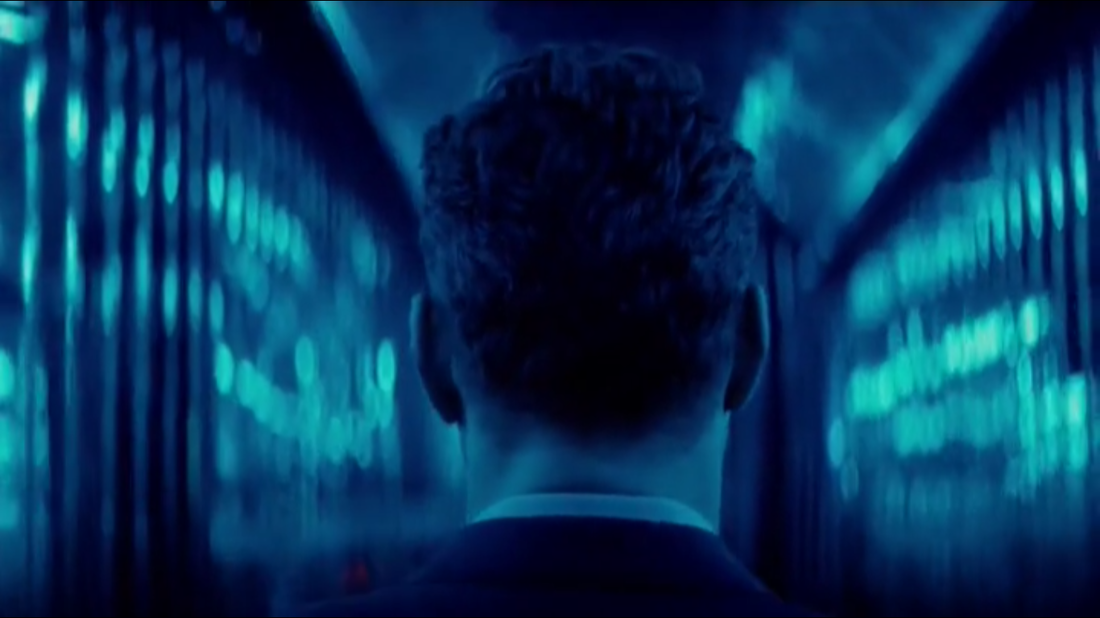
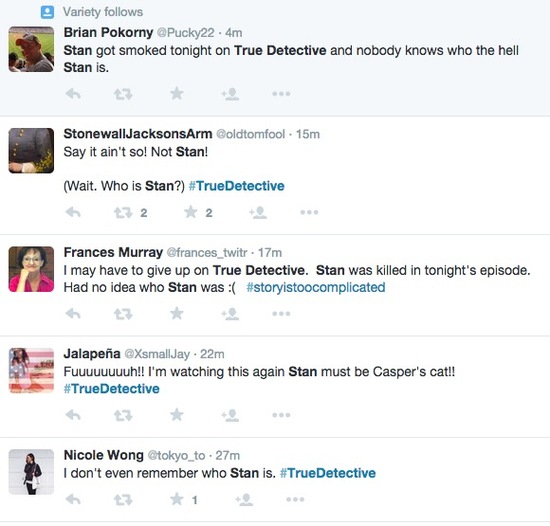
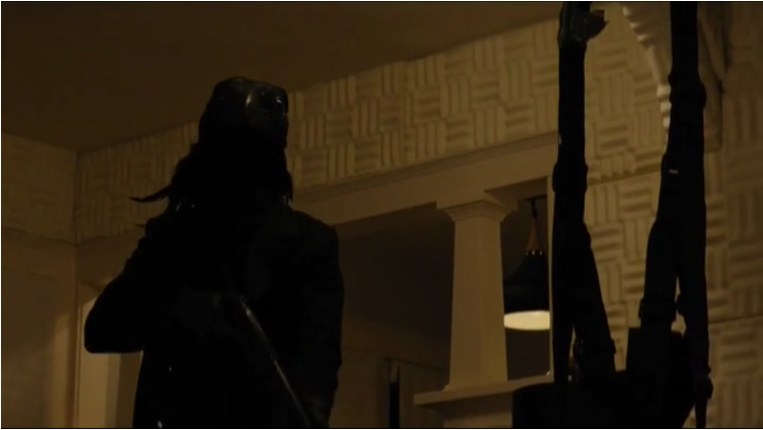
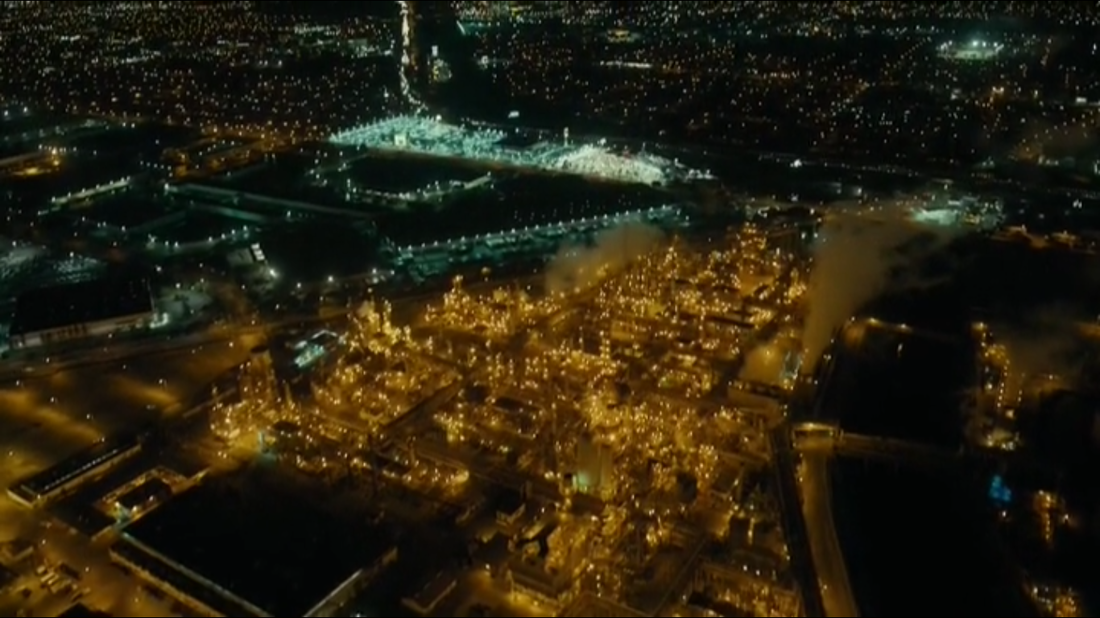
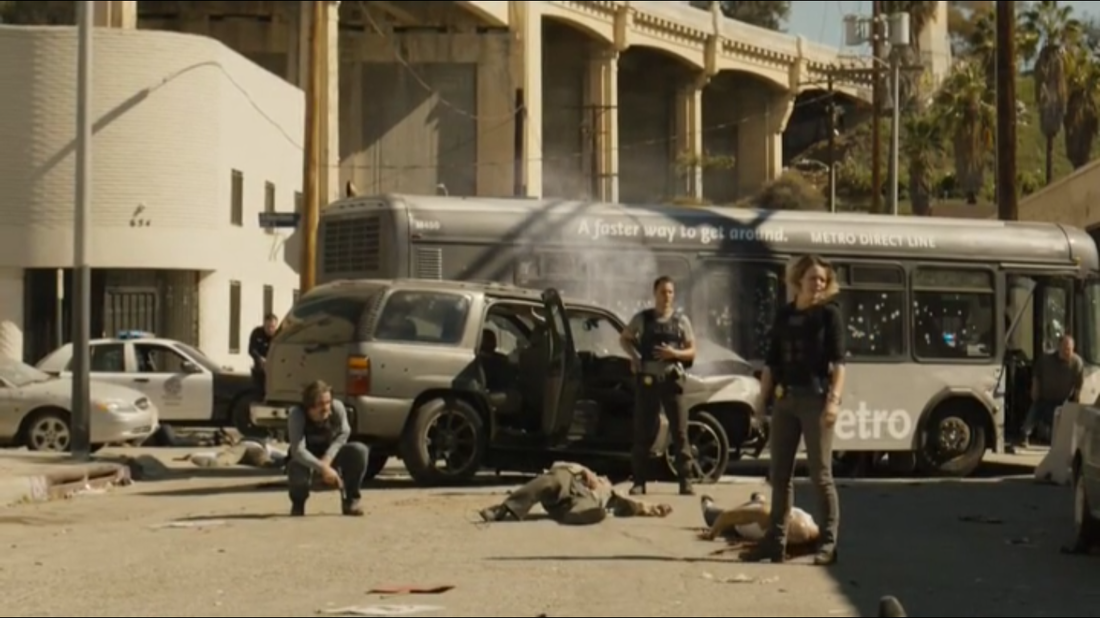
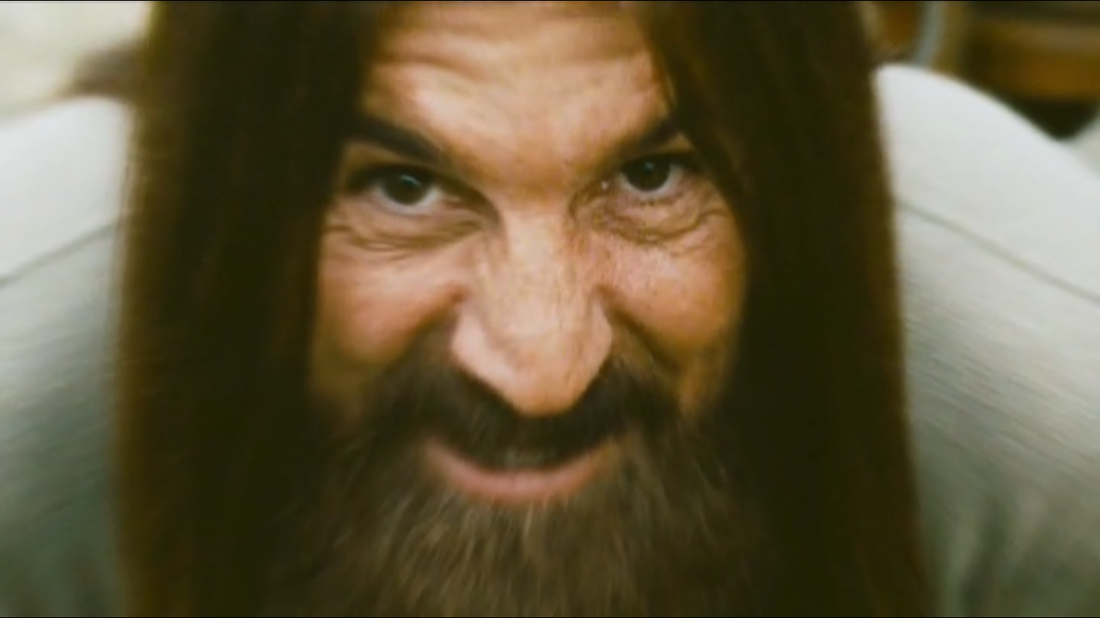
 RSS Feed
RSS Feed
